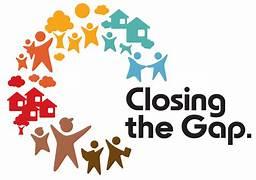A new report by the World Economic Forum (WEF) in collaboration with the McKinsey Health Institute highlights the potential of bridging the women’s health gap to contribute a staggering $1 trillion annually to the global economy by 2024. The report emphasizes that addressing health conditions unique to or disproportionately affecting women could significantly improve the quality of life for women and add economic value.
It suggests that reducing barriers that limit women’s workforce engagement and income could cut the time spent in poor health by nearly two-thirds. On average, women spend 25% more of their life in poor health than men. Closing this health gap could lead to a 1.7% increase in per capita GDP and unlock $3 in economic growth for every $1 invested.
Shyam Bishen, Head of the Centre for Health and Healthcare at the World Economic Forum, stressed that investing in women’s health is not only crucial for improving individual lives but also one of the best investments countries can make for their societies and economies.
The report calls for greater access to gender-specific care and urges industry leaders to create innovative business policies and financing models. In response, WEF has launched the Global Alliance for Women’s Health, a multi-sector platform aiming to address these challenges and leverage the economic benefits of investing in women’s health.



